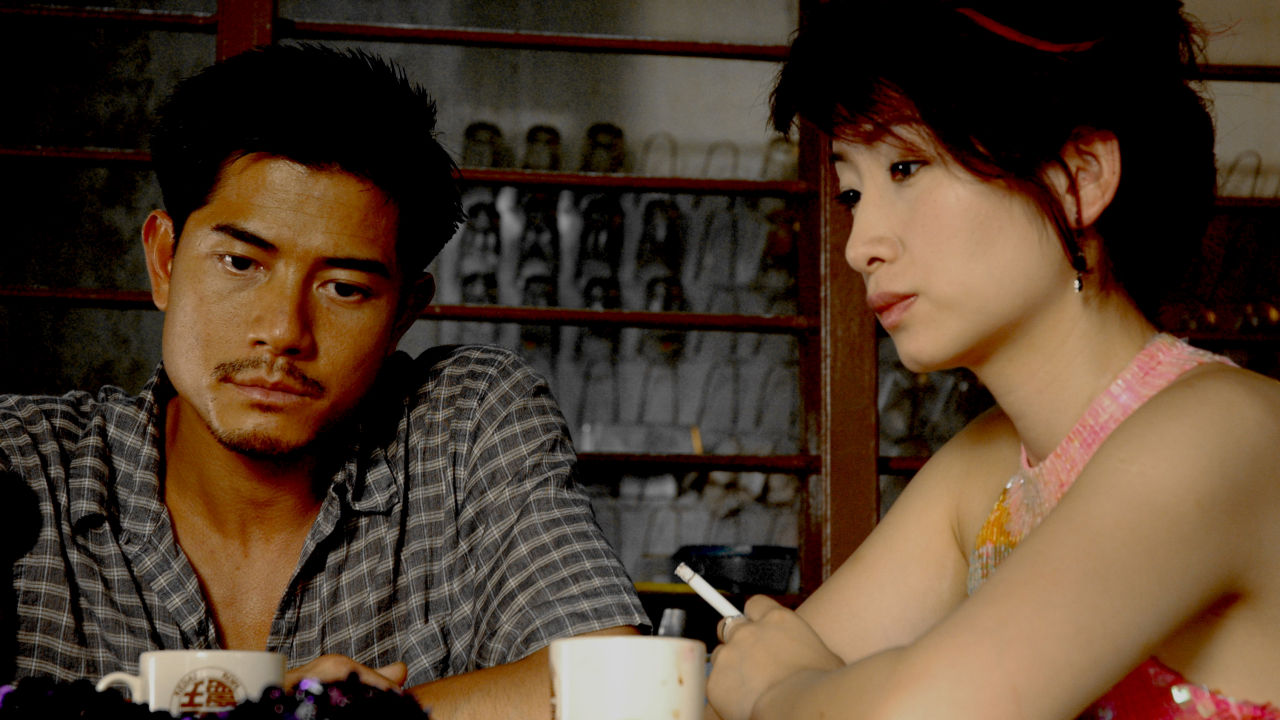

US-based democracy research group Freedom House regularly places Turkmenistan alongside North Korea as one of the most politically closed countries in the world.īerdimuhamedow, who took power after his predecessor Saparmurat Niyazov died in 2006, heads a state where corruption is systemic, and the legal code is subject to the shifting day-to-day whims of the president. While most of the more than four million refugees hosted by Turkey are Syrians, hundreds of thousands of other at-risk people are from other countries – including about 2,500 Turkmen asylum seekers, according to the UNHCR. “Nobody is being deported just because their passport expired if they prove they are at risk.” “There is no systematic deportation for anybody,” Aktay said. He said while Turkey takes measures against irregular migration, no one is deported to a country where they are at risk – including Turkmenistan. Yasin Aktay, a senior adviser to Turkish President Recep Tayyip Erdogan, told Al Jazeera that Turkey’s migration policies are in line with international human rights law. “We hope that Turkey will abide by the rule of law and will not, in order to advance geopolitical interests, pressure Turkmen activists and cover up for those violating the law on its territory, at the behest of illegal demands of Turkmen authorities.”

“There has been an increasing number of reports of arbitrary detention of Turkmen civil activists by the Turkish police, their placement in deportation facilities and threats of their immediate deportation to Turkmenistan,” the statement said. In a statement released before the summit, 33 human rights organisations – including Turkish groups, Human Rights Watch, and the Organization for Security and Co-operation in Europe – have called on Turkey to stop detentions and deportation attempts against Turkmenistan nationals in the country. Turkey is already one of Turkmenistan’s largest trade partners – some 600 Turkish companies, from tradesmen to construction firms, operate in the country – and Ankara is keen to buy natural gas from Ashgabat. The alleged crackdown by Turkish immigration authorities comes in advance of a Turkic Council summit on Friday in Istanbul where Turkmenistan’s President Gurbanguly Berdimuhamedow will join other Central Asian heads of state, and is expected to agree to become an observer member of the organisation which seeks to build economic and political ties in the region. “Because Turkey has one of the most prominent concentrations of Turkmen abroad, the efforts by the Turkmen government to shut down any kind of public discussions and dissident groups outside the country has been focusing on Turkey.” “Turkmenistan not only tries to shut down any public discontent inside the country but is now trying to do so outside the country as well,” Human Rights Watch’s Rachel Denber told Al Jazeera. The most well known among them, a handful of activists like Annaev who speak out on TikTok, YouTube, and other social media platforms, say they have been attacked on Istanbul’s streets by men they believe are working for Ashgabat. They say hundreds of Turkmen, most accused of overstaying visas because they are unable to renew passports, have been rounded up by Turkish immigration authorities over the last few months and face deportation. More than 200,000 Turkmenistan nationals hold residence permits in Turkey, according to official statistics, although rights activists say up to a million Turkmen are thought to live in Turkey – one of the few countries they can travel to without a visa.Ĭritics like Annaev, though, are increasingly worried that growing ties between Ankara and Ashgabat are threatening to put an end to the freedom they have found in Turkey to criticise their country’s government. Thousands of viewers logged on to watch Annaev online as he dialled in another exiled dissident from France, then spent an hour discussing what they say are the latest attempts by Turkmenistan’s government to silence critics abroad. On the wall behind them, next to a portrait of Turkey’s founder Mustafa Kemal Ataturk, was a large poster bearing the photos of dozens of people who have disappeared in Turkmenistan’s prisons, in some cases not heard from for decades.

I think a lot of people who were supposed to attend probably saw the police and turned around.”Īnnaev arranged a smartphone on a desk and sat down on a couch next to other Turkmen. “They wanted to know if our press conference was going to be outside because they say we are not allowed to do that. “The police stopped me on my way here,” Annaev, 40, told Al Jazeera.

Dozens of Turkish police officers milled about below, blocking traffic on the street leading to the office. Istanbul, Turkey – On a chilly afternoon in Istanbul’s Kadikoy neighbourhood, Nurmukhammed Annaev poked his head out of the window looking for fellow dissidents from Turkmenistan who had said they would attend a press conference.


 0 kommentar(er)
0 kommentar(er)
